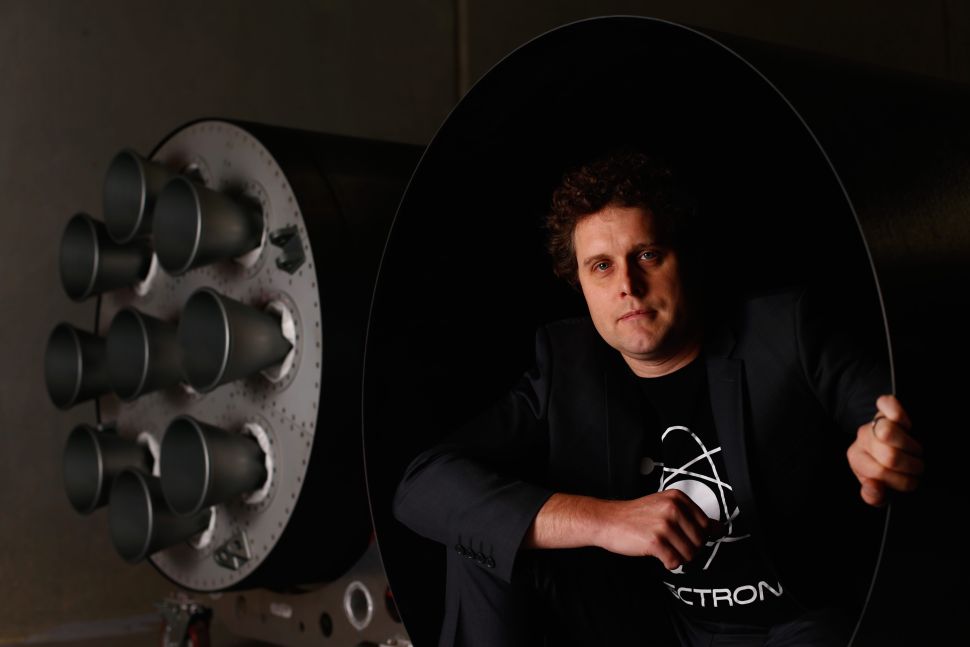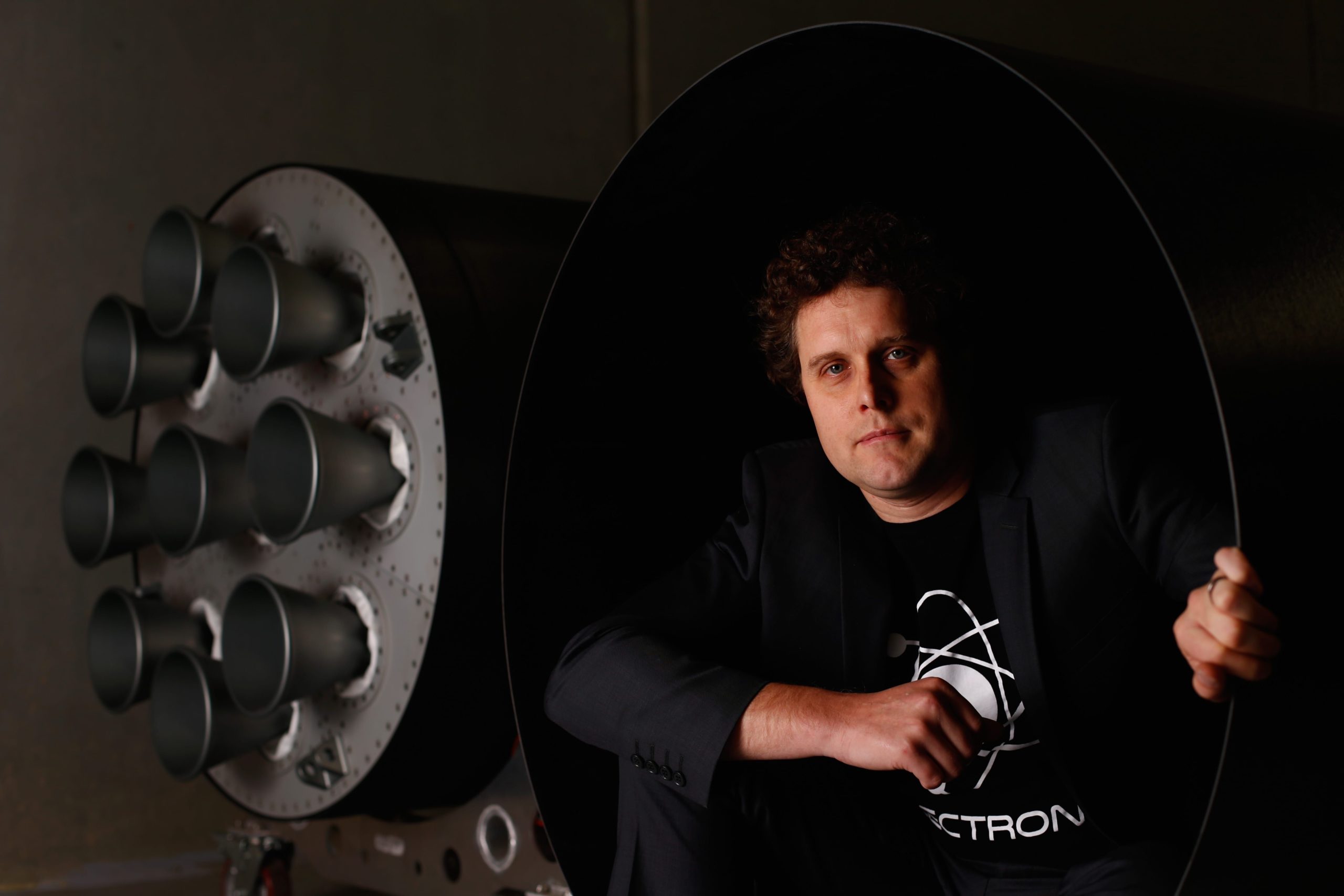
Rocket Lab founder and CEO Peter Beck. Phil Walter/Getty Illustrations or photos
Right up until now, the personal space sector has mostly stayed non-public, for noticeable explanations.
“The greater part of people working room businesses are billionaires,†satellite launch leader Rocket Lab’s CEO Peter Beck just lately explained to Observer. “If you have obtain to people types of money, it type of negates the necessity to increase cash on the public marketplaces.â€
Which is about to transform, as Beck, the self-proclaimed “only non-billionaire†in the place sector who’d stated he experienced no interest in an IPO, decides to choose his business public. By means of SPAC, of class.
Rocket Lab announced Monday that it has agreed to merge with the exclusive-function acquisition organization Vector Acquisition in a deal valuing the house startup at $4.1 billion. Upon the deal’s closure, anticipated in the next quarter, Rocket Lab will list on Nasdaq below the ticker “RKLB.â€
As aspect of the merger, Rocket Lab will acquire about $750 million in fresh new capital, which includes $320 million from Vector Acquisition and $470 million in PIPE (personal expense in public equity) funding from Vector Cash, BlackRock, Neuberger Berman and other institutional investors at $10 per share. Vector CEO Alex Slusky will be part of the merged company’s board, and Beck will remain as CEO.
“Rocket Lab is ideally positioned to keep on to seize market place share in the fast expanding house start, techniques and purposes marketplaces,†Slusky stated in a statement Monday. “Vector is thrilled to spouse with Rocket Lab as it seeks to capitalize on unprecedented professional and governing administration spending in the burgeoning area economic system.â€
Rocket Lab models and manufactures a smaller rocket known as Electron that can supply up to 300 kilograms (661 kilos) of payloads to lower Earth’s orbit. Considering the fact that previous yr, the business has been tests a restoration system to make Electron’s 1st-stage booster reusable, an approach pioneered by SpaceX.
With the new funding, Rocket Lab ideas to create a much larger rocket called Neutron, which will be employed for providing satellites for mega constellations, deep house missions and human spaceflight. Neutron will stand at 131 toes tall, about two-thirds the size of a SpaceX Falcon 9, and be able of carrying up to 8 tons of payloads, the corporation reported.
“This milestone accelerates Rocket Lab’s skill to unlock the complete prospective of area via our start and spacecraft platforms and catalyzes our ambition to generate a new multi-billion-greenback company vertical in area apps,†Beck claimed in an announcement Monday.
Rocket Lab is the only personal space company in the sector other than SpaceX that has a practical satellite start business. To day, the corporation has released 97 satellites on 18 Electron missions, starting at $7 million a pop. The start enterprise introduced in $48 million in earnings in 2019 and an believed $33 million previous calendar year. Anticipating mission quantity to rebound in 2021 and carry on to grow in the coming many years, Rocket Lab aims to be lucrative by 2023 and get to $1 billion in earnings by 2026.

